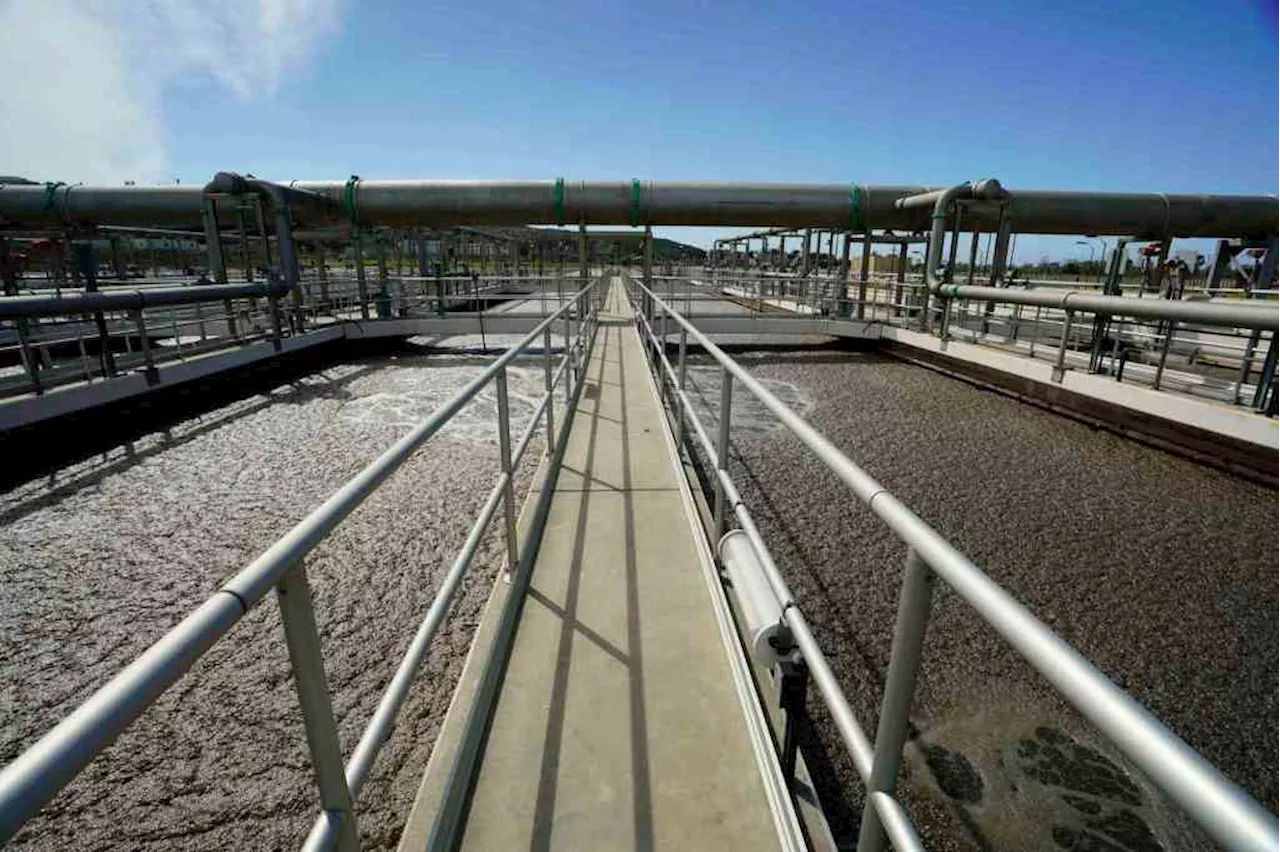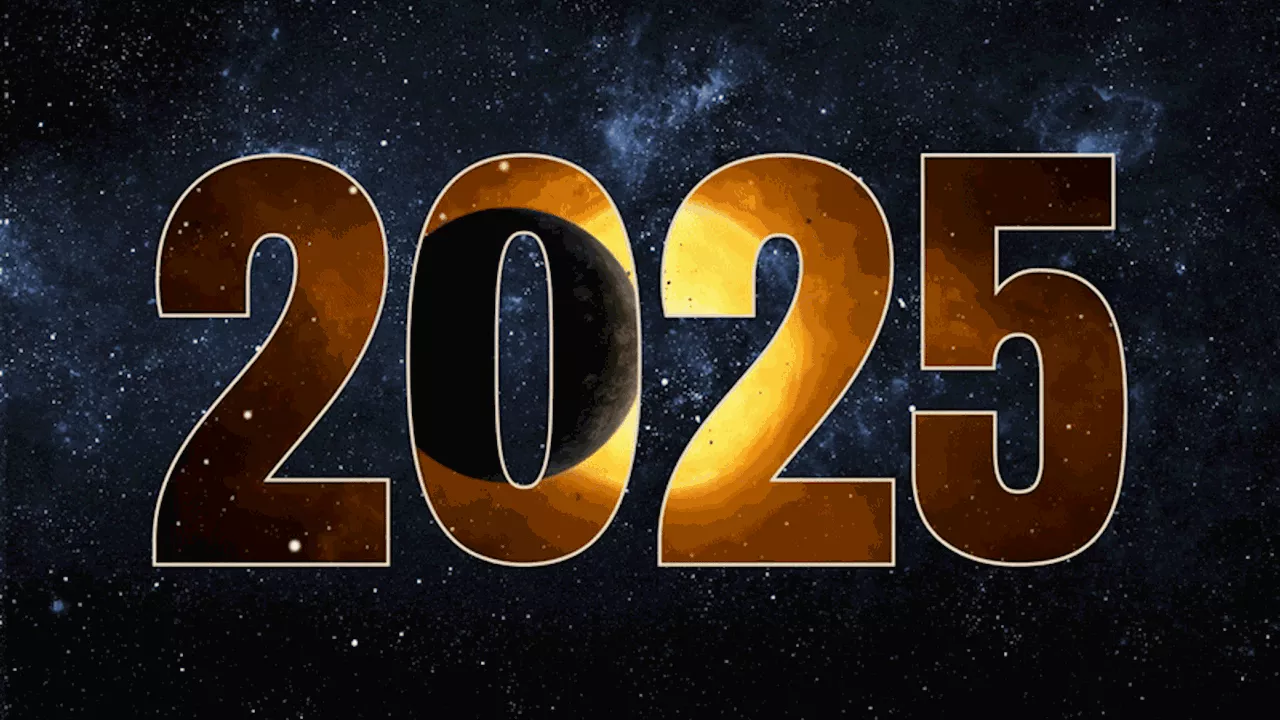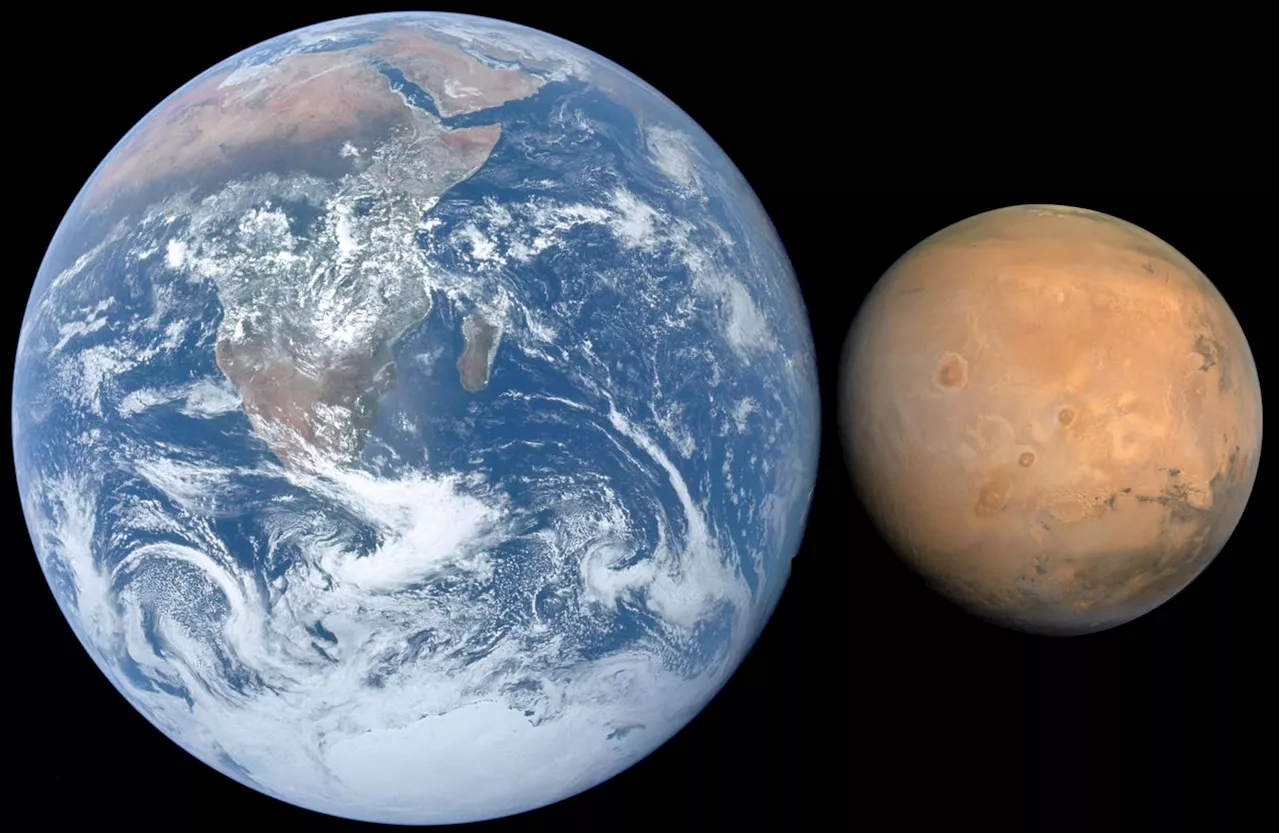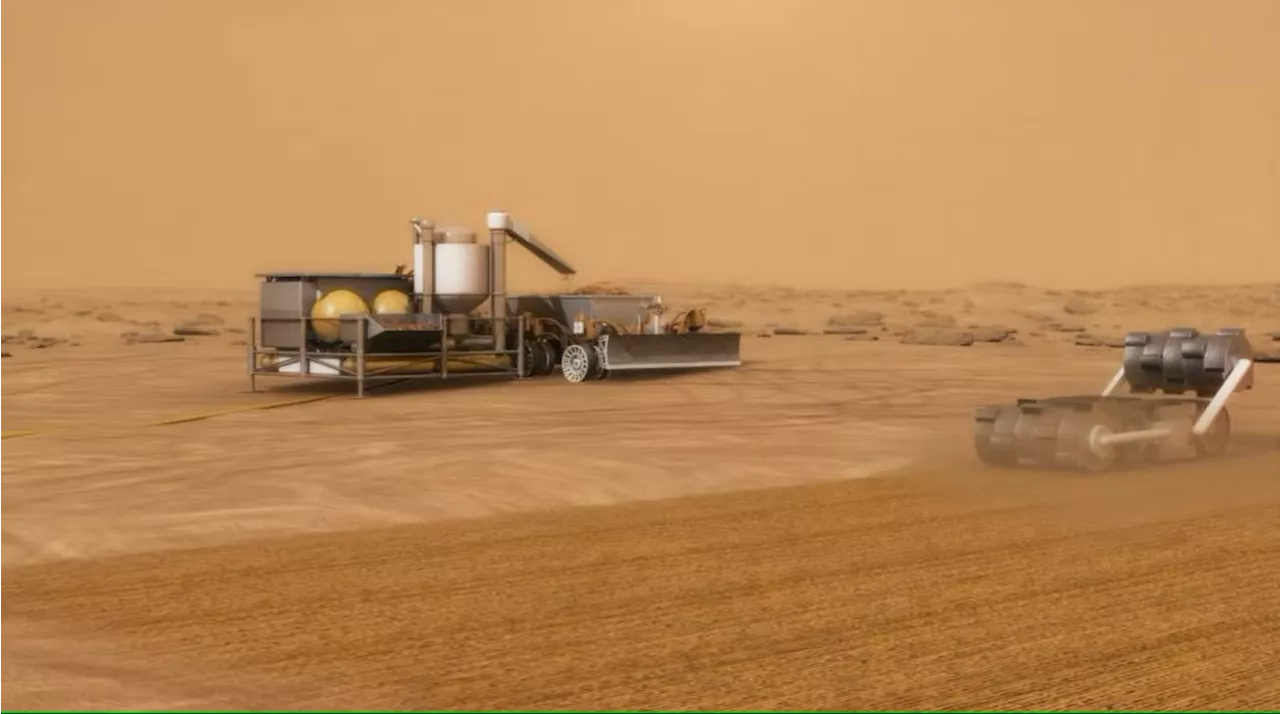Don Barker proposes a Planetary Resource Management System (PRMS) inspired by the oil and gas industry to guide space resource utilization. The two-step process involves identifying resources through remote sensing and developing technologies to extract them commercially.
Cracking the chicken-and-egg problem of utilizing resources in space has been a difficult challenge for over half a century. Getting enough infrastructure built up is necessary to collect those resources effectively, but doing so is too expensive without using the resources themselves.
Trying to crack that problem has been the focus of a variety of space exploration enthusiasts, and one of them, Don Barker, is currently the Gateway HALO Utilization & Visiting Vehicle Integration Lead at ARES Corporation. He published a paper in 2020 that detailed how the space exploration industry could use a modified version of a framework from the oil and gas industry, which he calls the Planetary Resource Management System (PRMS), to calculate where we should focus on settlement efforts. PRMS is set up as a two-step process: finding resources and then developing the technology to utilize them. Ideally, those technologies would advance to a point where those resource processes would be commercially viable. Let’s look at the process of finding the resource first. The most basic level of resource finding is a remote sensing picture around 100m or more per pixel. This can be done with a relatively good camera on board an orbiting spacecraft. Next up would be a remote image between 5m and 100m per pixel, combined with geophysical evidence that a resource is available. Importantly, this would be combined with a resource assessment that includes estimations like economic impact and technological availability.A final step of the PRMS’s “prospecting criteria” is a remote sensing image of less than 5m per pixel resolution, geophysical evidence of a resource’s presence, and proof that it is accessible using current technology. This would again be combined with an assessment of the economic viability of recovery to ensure that the effort would be supported in the long ter
SPACE RESOURCES PLANETARY RESOURCE MANAGEMENT REMOTE SENSING TECHNOLOGY DEVELOPMENT COMMERCIAL VIABILITY
United States Latest News, United States Headlines
Similar News:You can also read news stories similar to this one that we have collected from other news sources.
 NADBank Celebrates 30 Years of Binational Collaboration, Focuses on Water Resource ManagementThe North American Development Bank (NADBank) marks its 30th anniversary, highlighting its commitment to addressing shared challenges with Mexico, particularly the urgent issue of transboundary sewage pollution in the Tijuana River.
NADBank Celebrates 30 Years of Binational Collaboration, Focuses on Water Resource ManagementThe North American Development Bank (NADBank) marks its 30th anniversary, highlighting its commitment to addressing shared challenges with Mexico, particularly the urgent issue of transboundary sewage pollution in the Tijuana River.
Read more »
 AI-Based Gout Management System Linked to Reduced Risk of Chronic Kidney DiseaseA study has shown that using an AI-based gout management system in patients with gout and normal or near-normal kidney function is associated with a lower risk of developing stage 3 chronic kidney disease (CKD) and a higher likelihood of reaching target serum urate levels compared to a traditional electronic medical record system.
AI-Based Gout Management System Linked to Reduced Risk of Chronic Kidney DiseaseA study has shown that using an AI-based gout management system in patients with gout and normal or near-normal kidney function is associated with a lower risk of developing stage 3 chronic kidney disease (CKD) and a higher likelihood of reaching target serum urate levels compared to a traditional electronic medical record system.
Read more »
 Planetary Visibility Guide for 2025This guide details the best times to observe Mercury and Venus in 2025, including their visibility periods, brightest points, and notable conjunctions.
Planetary Visibility Guide for 2025This guide details the best times to observe Mercury and Venus in 2025, including their visibility periods, brightest points, and notable conjunctions.
Read more »
 Rapid surge in global warming mainly due to reduced planetary albedoRising sea levels, melting glaciers, heatwaves at sea -- 2023 set a number of alarming new records. The global mean temperature also rose to nearly 1.5 degrees above the preindustrial level, another record. Seeking to identify the causes of this sudden rise has proven a challenge for researchers.
Rapid surge in global warming mainly due to reduced planetary albedoRising sea levels, melting glaciers, heatwaves at sea -- 2023 set a number of alarming new records. The global mean temperature also rose to nearly 1.5 degrees above the preindustrial level, another record. Seeking to identify the causes of this sudden rise has proven a challenge for researchers.
Read more »
 Mars’ Small Mass Still Puzzles Planetary ScientistsMars’ strangely small mass still puzzles planetary scientists. Definitive answers as to why are still hard to come by.
Mars’ Small Mass Still Puzzles Planetary ScientistsMars’ strangely small mass still puzzles planetary scientists. Definitive answers as to why are still hard to come by.
Read more »
 Planetary Retrogrades in 2025: A Year of Introspection and TransformationAs 2025 unfolds, multiple planetary retrogrades present an opportunity for self-reflection and growth. The Nodes of Destiny shift into the Pisces-Virgo axis, emphasizing healing and spirituality. Mars retrograde in Leo and Cancer encourages the release of past frustrations and a focus on emotional well-being. Venus retrograde in Aries and Pisces prompts a deeper look at values and relationships.
Planetary Retrogrades in 2025: A Year of Introspection and TransformationAs 2025 unfolds, multiple planetary retrogrades present an opportunity for self-reflection and growth. The Nodes of Destiny shift into the Pisces-Virgo axis, emphasizing healing and spirituality. Mars retrograde in Leo and Cancer encourages the release of past frustrations and a focus on emotional well-being. Venus retrograde in Aries and Pisces prompts a deeper look at values and relationships.
Read more »
